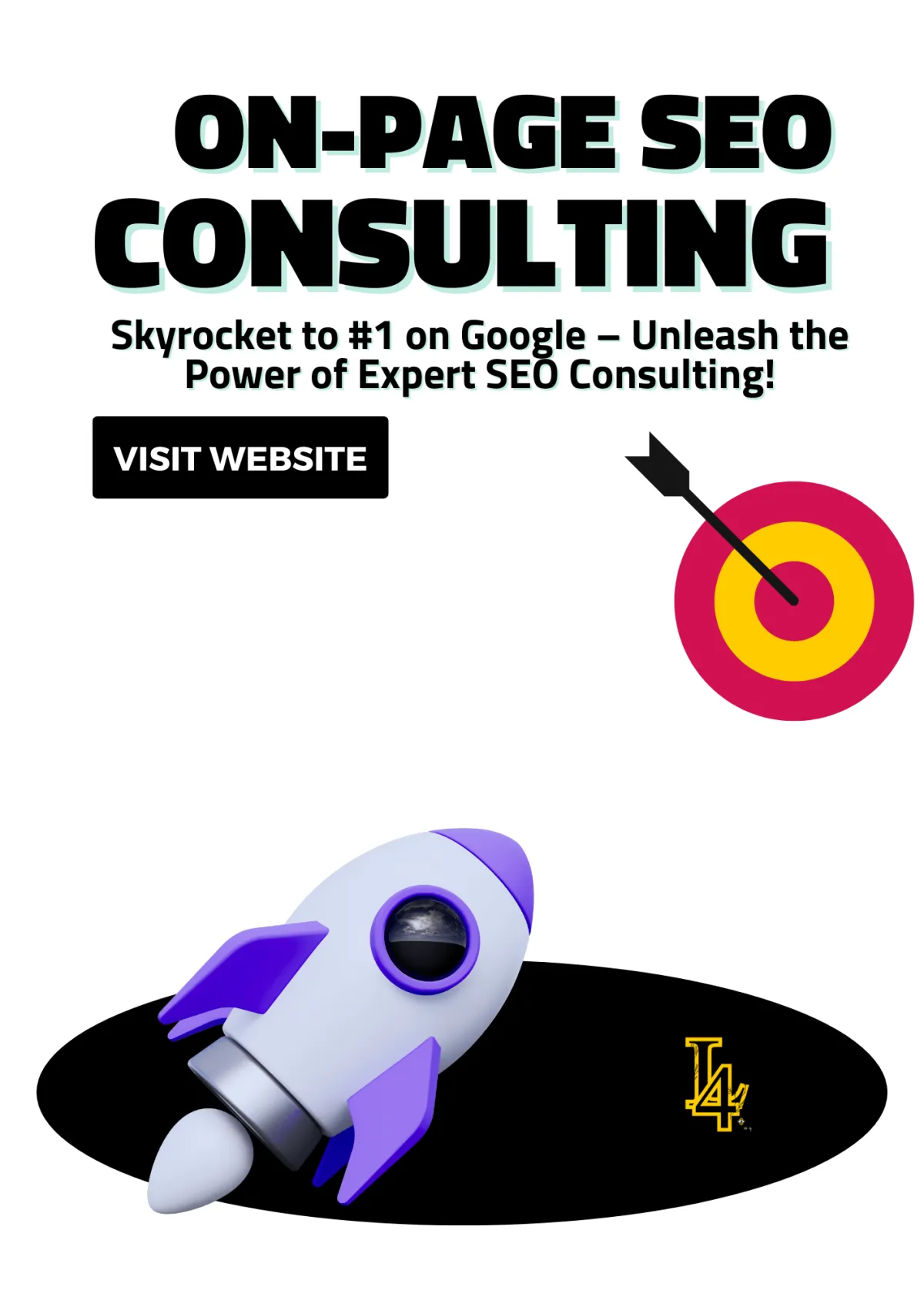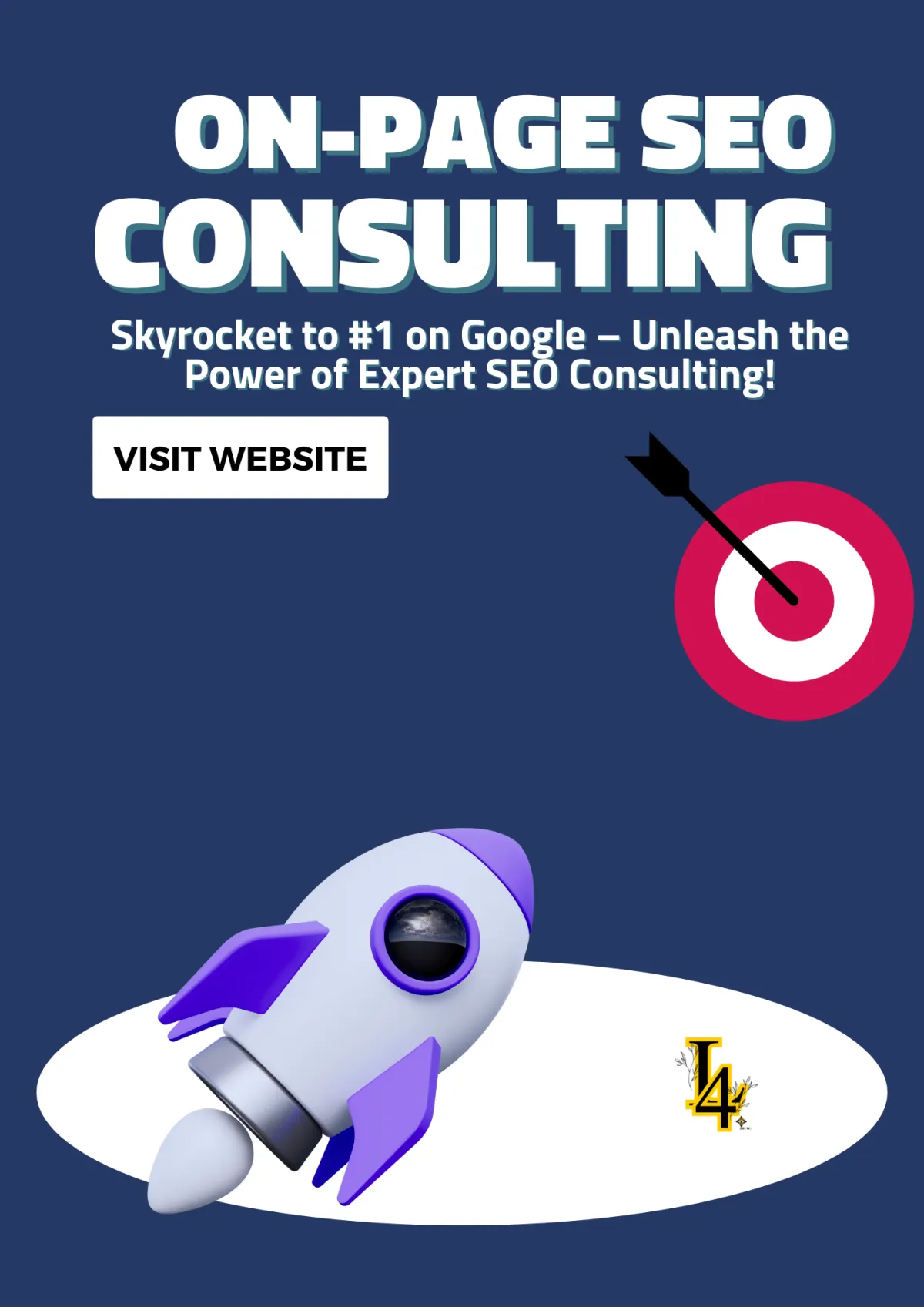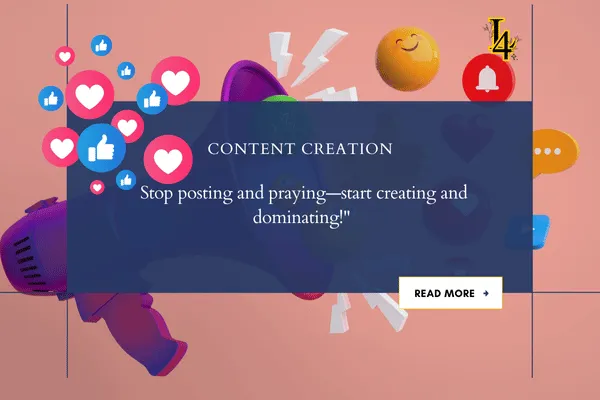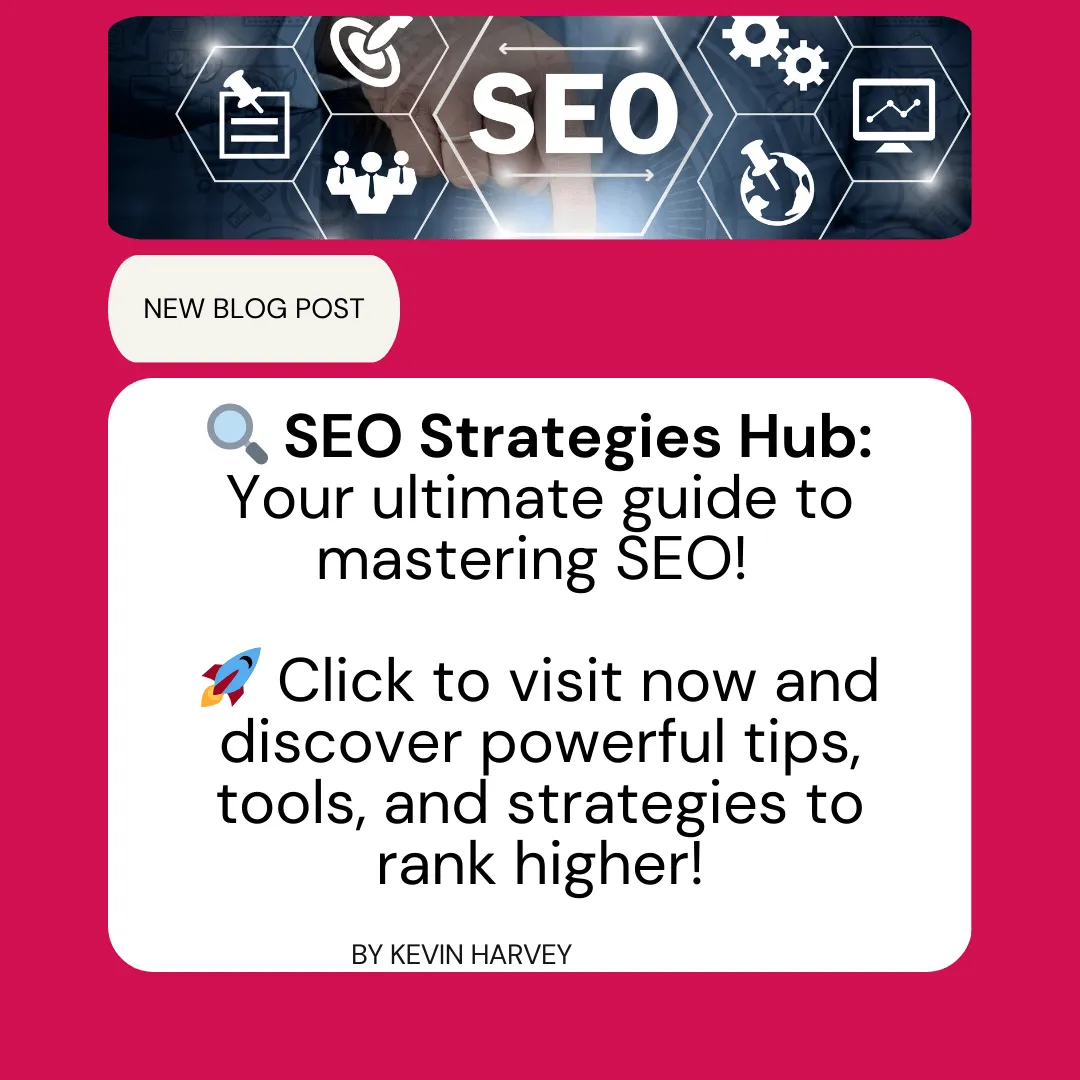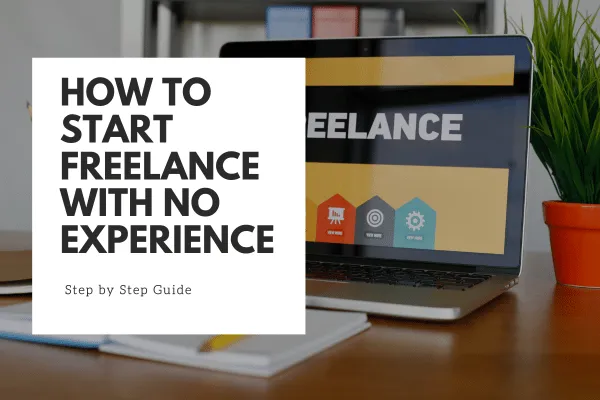
How the Right Keyword Defines Your Online Research
"When conducting research online, the keyword you choose doesn’t just steer your search—it defines the quality of your results and the efficiency of your efforts."
When you start conducting research online, the keyword you use determines the relevance, accuracy, and impact of your findings. Whether you're exploring trends, creating content, or optimizing strategies, the right keyword is the cornerstone of success. This guide will show you how to choose, refine, and master keyword selection to unlock the full potential of your online research.

How the Right Keyword Defines Your Online Research
Why Keywords Are Crucial When Conducting Research Online 🔍
Key Reasons Keywords Matter in Online Research 💡
1.Targeted Results: Getting Straight to the Point
2. SEO Optimization: Helping You Rank Higher
3. Audience Alignment: Speaking Their Language
4. Time Efficiency: Work Smarter, Not Harder
5. Advanced Google Search Tips: Next-Level Search Game
2. Leverage Long-Tail Keywords:
3. Analyze Competitor Keywords:
4. Focus on Relevance and Volume:
5. Incorporate Question-Based Keywords:
3. Top Tools to Simplify Keyword Research
Why SEMrush Stands Out for Keyword Research
4. Why Your Keyword Choice Shapes Success
5. Examples of Keyword Strategies in Action
Mistakes to Avoid When Conducting Keyword Research Online
Common Keyword Research Mistakes to Avoid
1. Focusing Solely on High-Volume Keywords
2. Neglecting Long-Tail Keywords
3. Ignoring Local Search Opportunities
5. Failing to Incorporate Keywords into Web Design
How to Combine Keywords with Content Clustering Strategies
2. Why Content Clustering Works
3. Implementing Clusters in Web Design
Tailoring Keyword Research for Various Industries and Niches
1. E-Commerce: Driving Sales with Strategic Keywords
2. Local Businesses: Dominating Regional Searches
3. Service-Based Companies: Focusing on Solutions and Benefits
Leveraging AI for Advanced Keyword Research
1. How AI Enhances Keyword Discovery
2. Automating Keyword Research

Why Keywords Are Crucial When Conducting Research Online 🔍
Finding exactly what you’re looking for online can feel like searching for a needle in a haystack. But here’s the game-changer: mastering keywords. Whether you're working on a research project, writing content, or just trying to get the right info fast, using the right keywords is the key to unlocking the internet’s full potential.
So, why are keywords so crucial when conducting research online? Let me break it down for you.
Keywords: The Bridge Between You and the Right Information 🌉
Keywords are the words and phrases people type into search engines to find what they need. They’re like the secret codes that connect a user’s search with the content they’re looking for. When you type something into Google or Bing, the search engine scans its entire index of web pages to find content that matches your words.
But it’s not as simple as tossing random words into a search bar. How you structure your search engine query formulation plays a huge role in what kind of results pop up. The more thoughtful and strategic your keywords are, the more accurate and useful your search results will be.

Key Reasons Keywords Matter in Online Research 💡
1.Targeted Results: Getting Straight to the Point
Let’s say you’re researching climate change. Typing just "climate change" into Google will give you millions of results. But that’s way too broad, right? Now, if you refine that to something like "impact of climate change on coastal cities 2023", you’re telling the search engine exactly what you want.
That’s why mastering search engine query formulation is vital. The right keyword or phrase narrows down the results, pulling up specific and relevant content. This saves you from wading through endless articles that aren’t even related to what you need.
Pro Tip:
Start broad and then refine your search. Begin with a general keyword, then get more specific by adding details like timeframes, locations, or key issues.
2. SEO Optimization: Helping You Rank Higher

Now, let’s flip the script. Maybe you’re the one creating content, and you want people to find your blog or website. This is where SEO optimization comes into play.
Search engines rank content based on how well it matches what users are searching for. If you’re using the right keywords in your content—especially ones your audience is actively searching for—you’ll show up higher in search results.
Think about it: if people are searching for "best budget cameras for YouTube 2024" and that exact phrase is in your blog post title and content, Google is more likely to recommend your page.
Pro Tip:
Use tools like Google Keyword Planner or SEMrush to discover which keywords are trending and how competitive they are. Sprinkle those keywords naturally into your content.
3. Audience Alignment: Speaking Their Language

Using the right keywords means you’re speaking the same language as your target audience. Whether it’s industry-specific jargon or trending phrases, aligning your content with what people are actually searching for makes it more relatable and valuable.
For example, a marketer researching social media trends might search for "TikTok marketing strategies", while a small business owner might search for "how to promote my business on TikTok". Different wording, but the same goal. Knowing the difference and choosing the right keyword can help you connect directly with the people you want to reach.
Pro Tip:
Check out online forums, FAQs, and even your competitors to see how people phrase their search queries. Then mirror that language in your content.
4. Time Efficiency: Work Smarter, Not Harder

Research can be a serious time suck if you’re not strategic. Using vague or general keywords means you’ll be digging through tons of irrelevant content. But when you sharpen your search terms, you cut through the noise and zero in on exactly what you need.
This is where Boolean search operators come in handy. These are special words and symbols that fine-tune search results. Let me drop some advanced tips:
AND – Narrows your search by combining keywords.
Example: "climate change AND coastal flooding" (Results must include both terms.)OR – Expands your search to include either term.
Example: "climate change OR global warming" (Results include either term.)NOT – Excludes specific terms.
Example: "climate change NOT politics" (Filters out results related to politics.)Quotation Marks ("") – Searches for exact phrases.
Example: "climate change impact on agriculture" (Finds that exact phrase.)Asterisk (*) – Acts as a wildcard to fill in the blanks.
Example: "best * for video editing" (Could return results for software, tools, laptops, etc.)
Pro Tip:
Combine Boolean search operators with specific keywords for ultra-targeted results. It’s like putting your research on steroids.
5. Advanced Google Search Tips: Next-Level Search Game
Google is more powerful than most people realize. If you’re still typing in basic search queries, you’re missing out on some serious features. Here are a few advanced Google search tips to make your searches laser-focused:
Site Search: Want results from a specific website?
Example: site:nytimes.com climate change (Only shows results from The New York Times.)Filetype Search: Looking for PDFs, PPTs, or DOCs?
Example: "marketing strategy" filetype:pdf (Pulls up only PDF documents.)Related Sites: Find websites similar to one you already like.
Example: related:medium.com (Shows sites like Medium.)Define: Get definitions straight from Google.
Example: define:sustainabilityCache: View how a page looked the last time Google visited.
Example: cache:bbc.com
Pro Tip:
Mix these advanced search tools with smart keyword use, and you’ll find exactly what you’re looking for faster than ever.

Look, online research doesn’t have to be a struggle. Once you master keywords, you unlock the real potential of the internet. It’s about using smart search engine query formulation, tapping into Boolean search operators, and knowing a few advanced Google search tips to make your life easier.
Here’s the bottom line:
Targeted keywords get you the most relevant results.
SEO-friendly keywords help your content shine.
Audience-aligned keywords make your content relatable.
Strategic search tactics save you time and energy.2. How to Choose the Right Keywords
Choosing the right keyword is both an art and a science. Here are some steps to ensure you select the most effective keywords when conducting research online:
1. Understand Your Goals:
What are you trying to achieve? If you’re conducting research for a blog post, you’ll need informational keywords. For an e-commerce campaign, focus on transactional keywords like “buy” or “shop.”
2. Leverage Long-Tail Keywords:
Why Long-Tail Keywords Matter in Research
They Reveal User Intent Clearly 🧩

Long-tail keywords give you direct insight into what people are really searching for. If someone types in "best waterproof hiking boots for winter", you instantly know they’re not just casually browsing—they’re ready to make a purchase.They Lead to More Targeted Search Results 🎯
When you’re conducting research, using long-tail keywords helps you filter out the noise. Instead of wading through general articles, you’ll find content that’s exactly what you need. For instance, searching "impact of climate change on agriculture in Africa 2023" will deliver far more specific and useful information than just searching "climate change."They Help Smaller Sites Compete 💼
Let’s be honest, small blogs and businesses don’t have the budget to compete with giants like Amazon or Forbes for high-traffic keywords. Long-tail keywords level the playing field. For example, a small sportswear brand might struggle to rank for "running shoes", but they can dominate a niche term like "eco-friendly running shoes for trail runners."They Drive Higher Conversions 💸

People searching with long-tail keywords are usually further along in the decision-making process. For example, someone searching for "affordable SEO tools for small businesses" is more likely ready to purchase compared to someone typing in just "SEO."
3. Analyze Competitor Keywords:
Use tools like Ahrefs to discover what keywords competitors are ranking for. This helps you find gaps in your strategy and new opportunities to explore. (Insert affiliate link for Ahrefs here)
4. Focus on Relevance and Volume:

Choose keywords that are not only relevant to your topic but also have substantial search volume. Tools like Ubersuggest can provide search volume data and competition levels. (Insert affiliate link for Ubersuggest here)
5. Incorporate Question-Based Keywords:
People often search in the form of questions. Keywords like “how to,” “what is,” or “why does” align with informational intent, making them perfect for educational content.
3. Top Tools to Simplify Keyword Research
When conducting research online, the keyword you use determines the quality of your results. Thankfully, several tools make the process easier, faster, and more effective. Here are the ones I’ve found most helpful:

Why SEMrush Stands Out for Keyword Research
Comprehensive Keyword Database 📚
SEMrush boasts a massive keyword database of over 22 billion keywords worldwide. This is perfect for finding both broad and ultra-specific long-tail keywords. Whether you’re in a competitive niche like fashion or tech, or something more unique, SEMrush will serve up relevant keyword suggestions you didn’t even know existed.Example:
If I type in a seed keyword like “fitness apparel”, SEMrush instantly suggests long-tail variations like “best breathable fitness apparel for summer” or “affordable eco-friendly workout clothes”—terms that are easier to rank for and highly targeted.Keyword Difficulty Score 📊
Not all keywords are created equal. Some are impossible to rank for, especially if big brands are dominating them. SEMrush gives you a Keyword Difficulty (KD) score, which tells you how hard it would be to rank for a specific term.Low KD (Easy to Rank): Long-tail keywords with low competition.
High KD (Hard to Rank): Popular keywords dominated by large websites.
This feature helps me focus my energy on keywords I can realistically rank for instead of wasting time chasing the impossible.
Search Volume & Trends Data 📈
SEMrush provides up-to-date search volume data, showing how often a keyword is searched monthly. Plus, it tracks keyword trends over time. This is especially useful for spotting seasonal keywords or trending topics in your industry.Example:
During the summer, a keyword like “hydration packs for runners” spikes, while in winter, searches for “thermal running gear” take off. SEMrush helps me stay ahead by identifying these trends.Keyword Magic Tool ✨
This is hands down one of my favorite features. The Keyword Magic Tool in SEMrush generates thousands of keyword ideas based on a single input. It organizes keywords into groups, making it super easy to spot opportunities in related topics and categories.Example:
I enter “digital marketing”, and SEMrush breaks it down into clusters like “SEO tips,” “content marketing,” and “email marketing best practices.” This organization makes it easy to build a content strategy around related keywords.Competitive Analysis 🕵️
Wanna know what keywords your competitors are ranking for? SEMrush lets you spy on the competition. You can enter a competitor’s URL and instantly see what long-tail keywords are driving their traffic. This is huge for finding gaps in your strategy and learning where you can outperform them.Example:
I once checked a competing blog and found they were ranking for “best email marketing software for startups”. I optimized a post around “affordable email marketing tools for small businesses” and started outranking them!

2. Ahrefs
In-depth backlink and keyword analysis.
Competitor keyword research and content gap analysis.
Keyword ranking data for multiple locations.
(Insert affiliate link for Ahrefs here)
3. Google Keyword Planner
Free tool for finding keyword ideas and search volume.
Integration with Google Ads for campaign planning.
(Insert Google Keyword Planner ad here)
4. Ubersuggest
Affordable, user-friendly tool for keyword suggestions.
Includes content ideas and SEO metrics.
(Insert affiliate link for Ubersuggest here)
5. Answer the Public
Visual keyword tool focusing on question-based searches.
Great for brainstorming content ideas.
(Insert affiliate link for Answer the Public here)
4. Why Your Keyword Choice Shapes Success

The keyword isn’t just a part of your research—it’s the foundation of it. Here’s why choosing the right keyword matters so much:
Relevance to Search Intent: The right keyword aligns with what users want to find, making your content more useful.
Better Rankings: Search engines prioritize content that matches keyword intent.
Enhanced Audience Engagement: Keywords that reflect user language build trust and relatability.
Time-Saving Research: Accurate keywords pull up the most useful resources, reducing time spent sifting through irrelevant results.
Improved ROI: For campaigns, targeting the right keyword increases conversions and reduces ad spend.
5. Examples of Keyword Strategies in Action
Using “best sustainable packaging ideas” to drive organic traffic to an eco-friendly blog.
Targeting “buy ergonomic chairs online” to boost e-commerce sales.
Researching “how to improve website speed” for an informational article.
Exploring “SEO tools for small businesses” for a content marketing campaign.
Finding “affordable running shoes” to create a comparison guide.

Mistakes to Avoid When Conducting Keyword Research Online
When conducting research online, the keyword is the foundation of your success. However, from my experience, I’ve seen many marketers and business owners make avoidable mistakes that undermine their efforts. These mistakes not only waste time but can also result in subpar results that fail to align with your goals. Let me walk you through some of the most common errors and how to avoid them, especially when integrating keyword research into your web design strategy
Common Keyword Research Mistakes to Avoid
1. Focusing Solely on High-Volume Keywords
One of the biggest pitfalls is chasing high-volume keywords without considering their relevance or competition levels. While these keywords may seem appealing, they often have fierce competition, making it harder for smaller businesses to rank. When conducting research online, the keyword should be carefully chosen to balance search volume, competition, and relevance to your audience.
2. Neglecting Long-Tail Keywords
Long-tail keywords might have lower search volumes, but they are far more specific and often indicate higher intent. For instance, targeting “best web design for small businesses” can attract a more engaged audience than a generic keyword like “web design.” When conducting research online, the keyword strategy should prioritize terms that align closely with user intent.
3. Ignoring Local Search Opportunities
For businesses focusing on local clients, overlooking location-based keywords is a costly mistake. For example, keywords like “web design services in Austin” can significantly boost your visibility among local customers. Make sure when conducting research online the keyword you choose reflects your geographical target if relevant to your business.
4. Overlooking Search Intent
Search intent is crucial. Whether users are looking for information, a specific website, or ready to make a purchase, your keyword selection should align with their intent. Mismatched intent can lead to higher bounce rates and lower engagement, which hurts your SEO. Always think about user intent when conducting research online the keyword plays a pivotal role in matching their needs.
5. Failing to Incorporate Keywords into Web Design
Finally, many businesses fail to integrate their keyword research into their web design. Keywords should inform everything from navigation menus to page titles and meta descriptions. For instance, if “affordable web design for startups” is a priority keyword, it should appear in key areas like your homepage header or service pages. This ensures when conducting research online the keyword works in harmony with your website’s design and structure.
How to Combine Keywords with Content Clustering Strategies
As I dove deeper into SEO and content strategies, I discovered that when conducting research online the keyword isn’t just about standalone terms—it’s about context. That’s where content clustering comes into play. This strategy groups related keywords around a central theme, improving website organization, user experience, and search engine visibility.
1. What Are Content Clusters?
Content clusters are interconnected pieces of content that revolve around a core topic. At the center is a “pillar page” that addresses the topic broadly, while subtopics are explored in depth through supporting content. When conducting research online the keyword for your pillar page should have broad relevance, while cluster content focuses on specific, long-tail variations.
For example:
Pillar page: “Comprehensive Guide to Web Design”
Cluster content:
“Responsive Web Design for E-Commerce”
“How Web Design Impacts SEO”
“Affordable Web Design for Startups”
2. Why Content Clustering Works
When search engines see interconnected content, they perceive your website as an authority on the topic. This improves rankings and ensures visitors stay longer on your site, exploring related pages. For web design businesses, clustering topics like “best web design practices” and “web design trends 2024” positions you as a go-to resource when conducting research online the keyword strategy underpins your content planning.
3. Implementing Clusters in Web Design
Content clusters should guide your site structure. Use your pillar page as a main navigation link, with cluster content linked within. For instance:
Pillar page: “Our Web Design Services”
Cluster content:
“Custom Web Design Solutions”
“Web Design Packages for Small Businesses”
“Mobile-Optimized Web Design Examples”
This approach ensures that when conducting research online the keyword strategy integrates seamlessly into your web design.

Tailoring Keyword Research for Various Industries and Niches
One crucial insight I’ve gained over time is that keyword research isn’t one-size-fits-all. Every industry and niche demands a unique approach to keyword strategy. Whether it’s e-commerce, local businesses, or service-based companies, understanding the right keywords can make or break your online visibility. Let me break down how keyword research should be adapted for different sectors.
1. E-Commerce: Driving Sales with Strategic Keywords
In the fast-paced world of e-commerce, keywords must align with what shoppers are searching for. This means focusing on product categories, buyer intent, and competitive pricing. For example, using phrases like “responsive web design for online stores” or “SEO-friendly product pages” can help online shops rank higher and attract the right customers.
Why it matters:
Product-Specific Searches: Customers often search for specific products, so targeting those terms drives ready-to-buy traffic.
Intent-Based Keywords: Phrases like “buy eco-friendly water bottles online” signal high purchasing intent.
Competitive Edge: Targeting niche keywords gives smaller stores a fighting chance against retail giants.
2. Local Businesses: Dominating Regional Searches
For local businesses, being visible in nearby search results is critical. Keywords need to reflect local relevance. Phrases like “affordable web design in [city]” or “best pizza in [neighborhood]” are gold for driving local traffic.
Why it matters:
Geo-Targeted Traffic: Local keywords help businesses appear in region-specific searches.
Google My Business (GMB): Pairing local keywords with GMB optimization boosts visibility in local packs.
Community Engagement: Aligning with local trends and language helps build trust with local audiences.
3. Service-Based Companies: Focusing on Solutions and Benefits
Service-based industries must highlight how they solve problems. Keywords should reflect the outcomes customers want. Terms like “web design to increase sales” or “mobile-friendly web design services” address specific needs, attracting clients who are searching for results-driven solutions.
Why it matters:
Value Proposition: Clear, benefit-focused keywords differentiate your services.
Targeted Leads: Keywords like “24/7 plumbing repair” capture urgent needs.
Niche Expertise: Using industry-specific language builds credibility and authority.
Final Thoughts
Leveraging AI for Advanced Keyword Research
With the rise of AI, when conducting research online the keyword process has become smarter and faster. AI tools like SEMrush, Ahrefs, and Ubersuggest provide data-driven insights that were once impossible to access at scale.
1. How AI Enhances Keyword Discovery
AI tools analyze search patterns, user behavior, and competitor strategies to uncover high-performing keywords. They also provide predictive insights, helping businesses anticipate trends when conducting research online the keyword decisions are future-focused.
2. Automating Keyword Research
AI streamlines the research process by automatically generating keyword suggestions, search volumes, and competition levels. This saves hours of manual work and ensures accuracy in when conducting research online the keyword selection.
3. Integrating AI with Web Design
For web design businesses, AI can identify keywords that align with client goals, such as “high-converting landing page design.” By incorporating these terms into your site’s structure, you ensure that when conducting research online the keyword strategy supports both SEO and user engagement.
Conclusion
When conducting research online, the keyword is more than a search term—it’s your compass in the vast digital landscape. By choosing precise, relevant keywords, you save time, enhance your results, and achieve your goals with clarity. Embrace the tools, avoid common mistakes, and let your keywords lead you to smarter, more impactful research outcomes.

